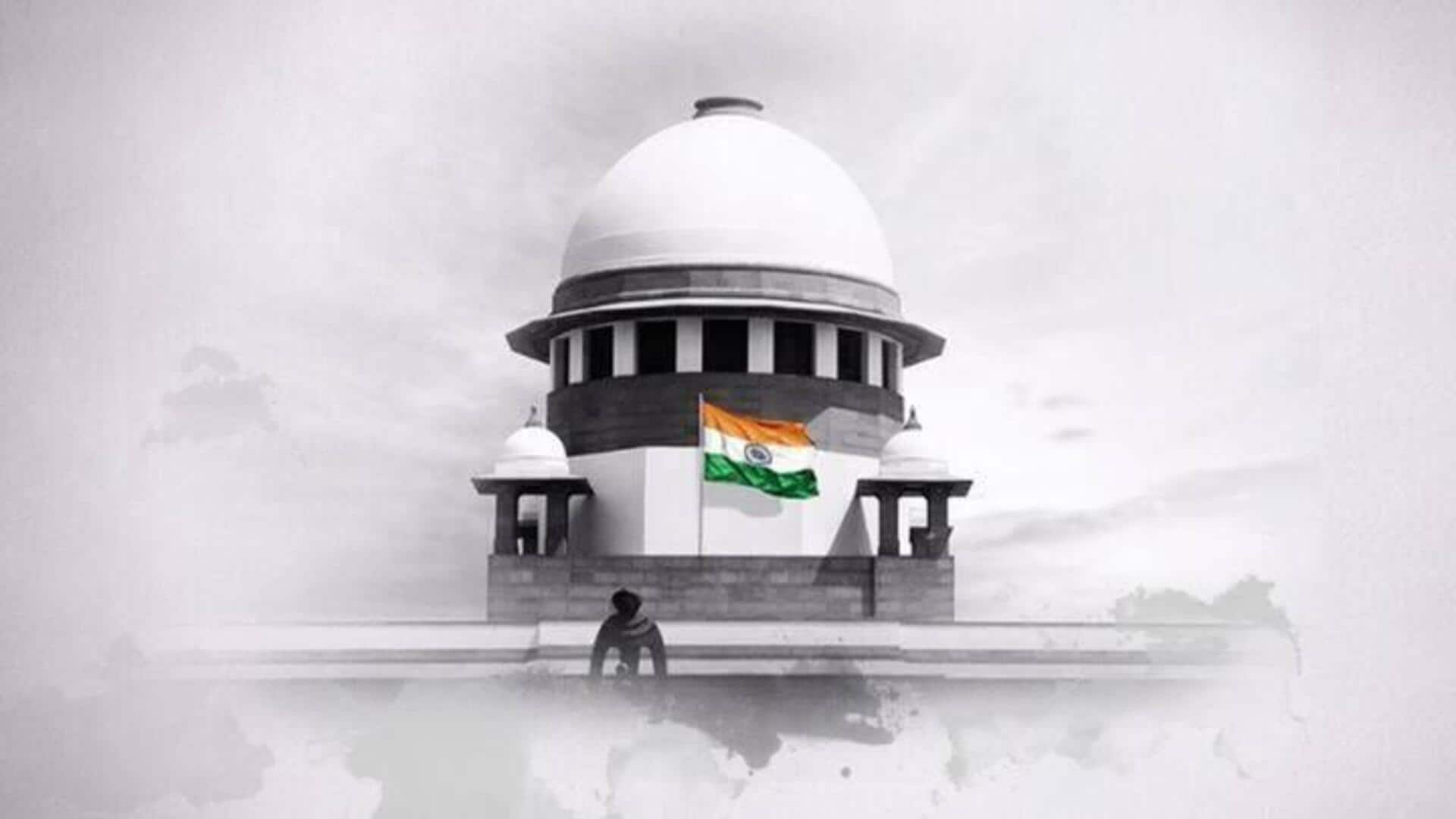
Supreme Court to review PIL against election freebies
What's the story
The Supreme Court has agreed to hear a public interest litigation (PIL) challenging the practice of political parties offering freebies during election campaigns. The PIL, submitted by attorney Ashwini Upadhyay and represented by senior advocate Vijay Hansaria, called on the Election Commission of India (ECI) to put an end to these practices. A bench comprising Chief Justice DY Chandrachud and Justices JB Pardiwala and Manoj Misra has agreed to hear the plea on Thursday, saying, "This is important."
Context
Why does this story matter?
In India, political parties offering freebies to voters at the time of elections is nothing new. Voters are often promised free energy, water, internet, public transportation, and even free meals if they vote their political party into power. The question now is whether such a tactic of offering freebies to manipulate voters' minds and get to power is ethical, lawful, and permissible in a democracy.
PIL details
PIL advocates for prohibition of election freebies, demands reform
In the PIL, the petitioner urged the ECI to exercise its authority to freeze election symbols and cancel the registration of parties engaging in such acts. It compares this practice to voter bribery and argues that it affects electoral integrity. The plea also proposed an amendment to the Election Symbols (Reservation and Allotment) Order 1968, barring parties from promising or distributing unwarranted freebies prior to elections.
Constitutional breach
PIL claims breach of Constitutional Articles
In addition, the PIL argued that offering freebies using public funds before elections violates several constitutional articles, including Article 14. "Petitioner submits that the recent trend of political parties to influence voters by offering freebies with an eye on elections is not only the greatest threat to the survival of democratic values but also injures the spirit of the Constitution," said the plea.
Political parties
How many political parties are in India
Currently, there are eight recognized national political parties and 56 state-level recognized parties. On the other hand, there are over 2,800 registered, unrecognized political parties in the country. The 18th Lok Sabha election will take place in seven phases, beginning on April 19 and ending on June 1, with votes counted on June 4. The nomination process for 102 parliamentary constituencies located across 21 states and Union territories began on Wednesday.